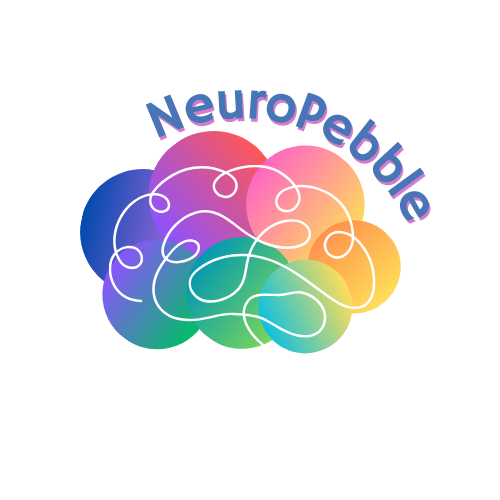Considerations for Neuroaffirming Relationship Therapy
This course will include:
-
The Four Guiding Principles of Neuroaffirming Relationship Therapy
-
Identifying and addressing ableism and other forms of oppression and trauma
-
Developing sustainable accommodation and support strategies
-
Assessing for sensory and executive functioning challenges
-
Moving away from neuronormative expectations by embracing alignment and attunement based on shared relationship values
-
What's included?
-
3 hour recorded webinar
-
slides and course materials
-
3 NBCC CE hours*
Learning Objectives
*NBCC CE hours
Write your awesome label here.
Meet the instructors
Skylar Ibarra, LCSW, PMH-C
Patrick Jones - Course author
Mady Snyder, LMFT
Patrick Jones - Course author
